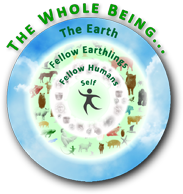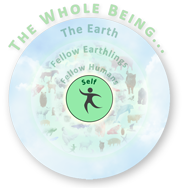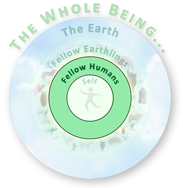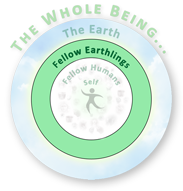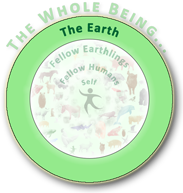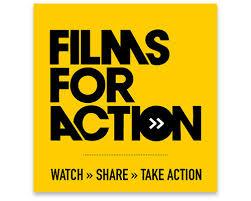Resource Library
To narrow down the list to only resources personally endorsed by CNCL, tick the “CNCL-Endorsed” box.
Please let us know if you find any errors or dead links.
Click here
for a list of…![]()
Broad-Coverage Independent News
& Media Sites
Fighters (MMA, BJJ, Wrestling, KickBoxing etc) who are vegan or vegetarian. a list of films about nonviolence (links provided when full version is avaiable). “FIRST EARTH is a documentary about the movement towards a massive paradigm shift for shelter — building healthy houses in the old ways, out of the very earth itself, and living together like in the old days, by recreating villages. It is a sprawling film, shot on location from the West Coast to West Africa. An audiovisual manifesto filmed over the course of 4 years and 4 continents, FIRST EARTH makes the case that earthen homes are the healthiest housing in the world; and that since it still takes a village to raise a healthy child, it is incumbent upon us to transform our suburban sprawl into eco-villages, a new North American dream. Chocking up over 300,000 hits on YouTube even before its official release, FIRST EARTH is not a how-to film; rather, it’s a why-to film. It establishes the appropriateness of earthen building in every cultural context, under all socio-economic conditions, from third-world communities to first-world countrysides, from Arabian deserts to American urban jungles. In the age of environmental and economic collapse, peak oil and other converging emergencies, the solution to many of our ills might just be getting back to basics, focusing on food, clothes, and shelter. We need to think differently about house and home, for material and for spiritual reasons, both the personal and the political.” Commentary and opionion articles related to Fish Feel. “Fish Feel is the first organization devoted to promoting the recognition of fish as sentient beings deserving of respect and compassion.” “Fish Feel is the first organization devoted to promoting the recognition of fish as sentient beings deserving of respect and compassion. Despite fish constituting the largest category of animals used for food (including as farmed animal feed), and despite huge numbers of fish harmed for research, “sport,” and aquaria, their well-being receives very little attention, even from the animal protection community. Fish Feel primarily serves to help educate the public as to why these animals are deserving of our admiration and appreciation, the immense problems caused by the exploitation of them, and how we can help them.” Resources on: fish, aquaria, fish pain and sentience, fishing and fish farming, human health hazards, lobsters, crabs, and other sea creatures, sharks and shark finning, vegan seafood. “Was that fish on your plate once a sentient being? Scientists have long believed that the animals aren’t capable of the same type of conscious thought we are because they fail the “emotional fever” test….their study upends a key argument against consciousness in fish” “Currently the global food system accounts for an estimated 30 to 50%* of total greenhouse gas emissions. *(This figure takes into account land-use changes, agricultural production, waste, processing, transport, packaging and retail). Food doesn’t need to be part of the climate problem. In fact, the exciting news is that food can actually play a starring role in climate solutions. To be part of the climate solution, all you need to do is follow our Cool Foods principles” Book: “What we choose to eat is killing our planet and us, yet use of the word ‘sustainable’ is ubiquitous. Explanation of this incongruity lies in the fact that sustainability efforts are rarely positioned to include food choice in an accurate or adequate manner. “ “Join award-winning filmmaker Michal Siewierski on his three-year journey to expose the truth about our food choices. This ground-breaking documentary explores the impact that food choices have on people’s health, the health of our planet and on the lives of other living species. And also discusses several misconceptions about food and diet, offering a unique new perspective on these issues. Featuring interviews with 28 world-renowned experts, including Dr. T Colin Campbell, Joe Cross, Dr. John McDougall, Capitan Paul Watson, Dr. Michael Greger, Rich Roll, Dr. Richard Oppenlander, Dr Toni Bark and several others. This film will certainly change the way you look at the food on your plate.” Courses: The Food Choices Plan for Healthy Eating and Living, The truth about supplements, How to read and understand diet and health research, The true impact of food choices on the environment, What Causes Disease?,Traveling tips for vegans Book: “Citing overwhelming medical evidence previously downplayed by powerful lobby groups, Dr. Barnard reveals why a diet based on the new four food groups (grains, legumes, vegetables, and fruits) will sharply decrease the risk of cancer and heart disease and dramatically increase life expectancy. He also unveils a 21-day program for a smooth transition to the new way of eating healthfully.” “Food for Thought, a program of Animal Place, helps animal and environmental nonprofits adopt animal- and earth-friendly menu policies for fundraising and sponsored events.” “Nutrition facts, health claims, various logos, proclamations of animal treatment—food packaging gives us plenty of reading material. What does each label mean?…Good, verifiable labels can be your guide in the supermarket aisle and at the farmers’ market, leading you to food that has been raised and produced in a way that aligns with your values. We have organized this guide by product and by label so that you can find the things that matter to you most. Whether its animal welfare, environmental sustainability or fair wages for workers, there are certifications that can guarantee certain standards were met.” “Food Not Bombs is gaining momentum throughout the world. There are hundreds of autonomous chapters sharing free vegetarian food with hungry people and protesting war and poverty. Food Not Bombs is not a charity. This energetic all volunteer grassroots movement is active throughout the Americas, Europe, Africa, the Middle East, Asia and Australia. For over 30 years the movement has worked to end hunger and has supported actions to stop the globalization of the economy, restrictions to the movements of people, end exploitation and the destruction of the earth and its beings.” “Based on the teachings of the Buddha, this book offers the most compelling and impassioned indictment of meat-eating to be found in Tibetan literature and is pertinent to anyone interested in vegetarianism as a moral or spiritual issue. The Buddha’s teachings show how destructive habits can be examined and transformed gradually from within. The aim is not to repress one’s desire for meat and animal products by force of will, but to develop heartfelt compassion and sensitivity to the suffering of animals, so that the desire to exploit and feed on them naturally dissolves. “ “a kids’ meal plan as well as fun ways to introduce the great fruit and vegetable adventure to young children” “Whether it’s a salad, a hamburger or your morning egg sandwich, your meal has an impact on the environment and on the welfare of animals, food/farm workers and on public health. Your “foodprint” is the result of everything it takes to get your food from the farm to your plate. Many of those processes are invisible to consumers. Industrial food production — including animal products like beef, pork, chicken and eggs and also crops — takes a tremendous toll on our soil, air and water, as well as on the workers and the surrounding communities.” “The International Peace Bureau is dedicated to the vision of a World Without War. Our current main programme centres on Disarmament for Sustainable Development and within this, our focus is mainly on the reallocation of military expenditure. We believe that by reducing funding for the military sector, significant amounts of money could be released for social projects, domestically or abroad, which could lead to the fulfillment of real human needs and the protection of the environment. At the same time, we support a range of disarmament campaigns and supply data on the economic dimensions of weapons and conflicts. Our campaigning work on nuclear disarmament began already in the 1980s.”Found 1620 Results
Fighters who support fuelforthefighter.com
![]()
Films about nonviolence
![]()
First Earth: Uncompromising Ecological Architecture (2010)

Fish Commentary & Opinion

Fish Feel

Fish Feel: Fact Sheets
![]()
Fish show signs of sentience in ‘emotional fever’ test
![]()
Food & Climate
![]()
Food Choice & Sustainability
Food Choices

Food Choices Academy

Food for Life: How the New Four Food Groups Can Save Your Life
Food for Thought

Food Label Guide
![]()
Food Not Bombs
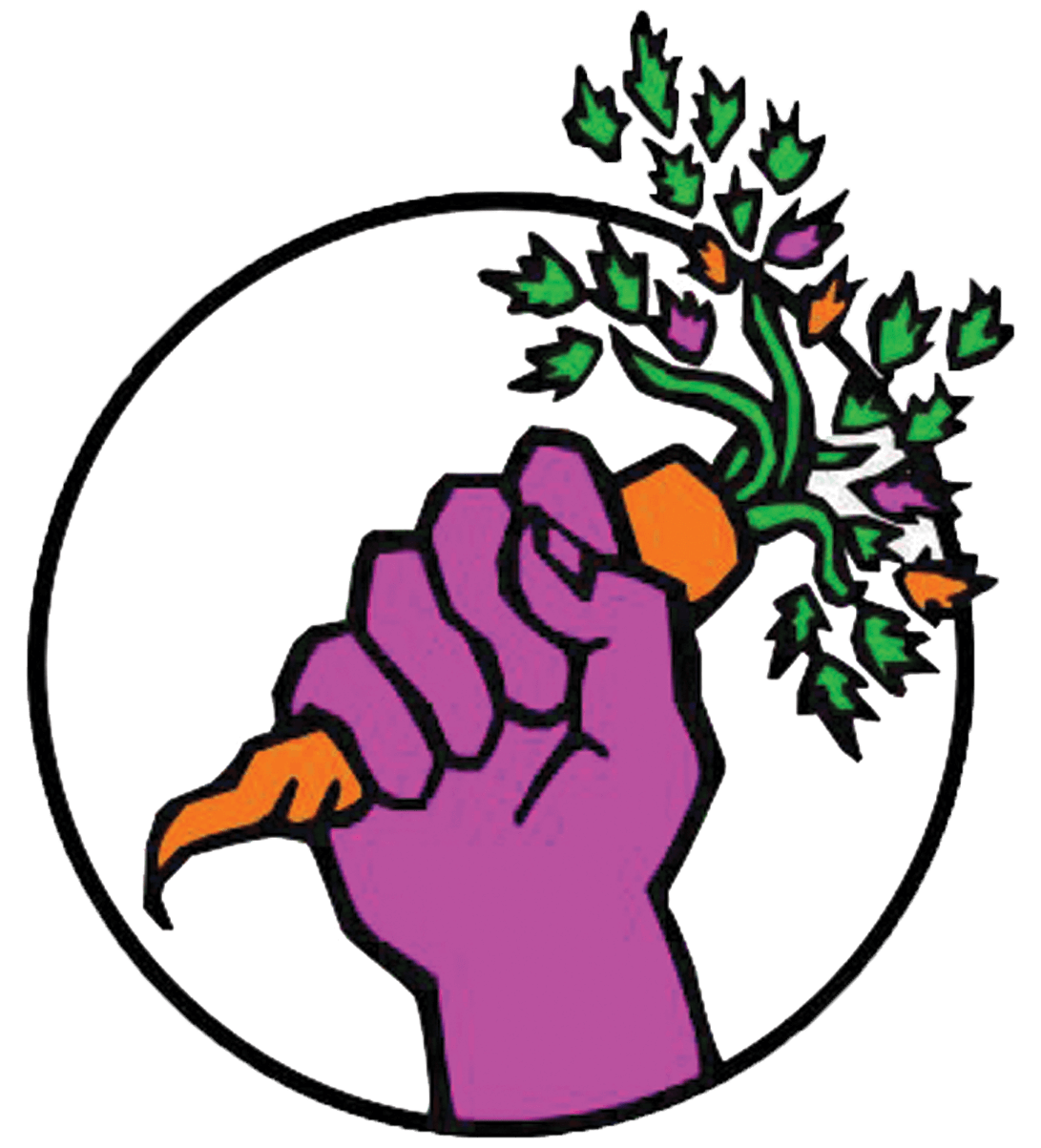
Food of Bodhisattvas: Buddhist Teachings on Abstaining from Meat
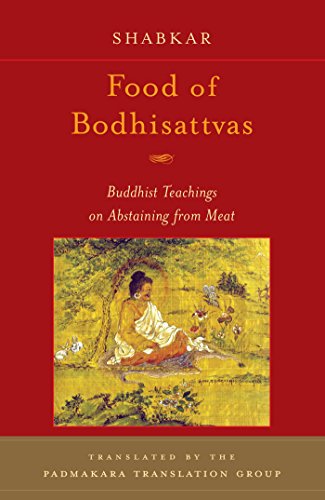
Food tips for vegan children
![]()
FoodPrint
![]()
For a World without War


